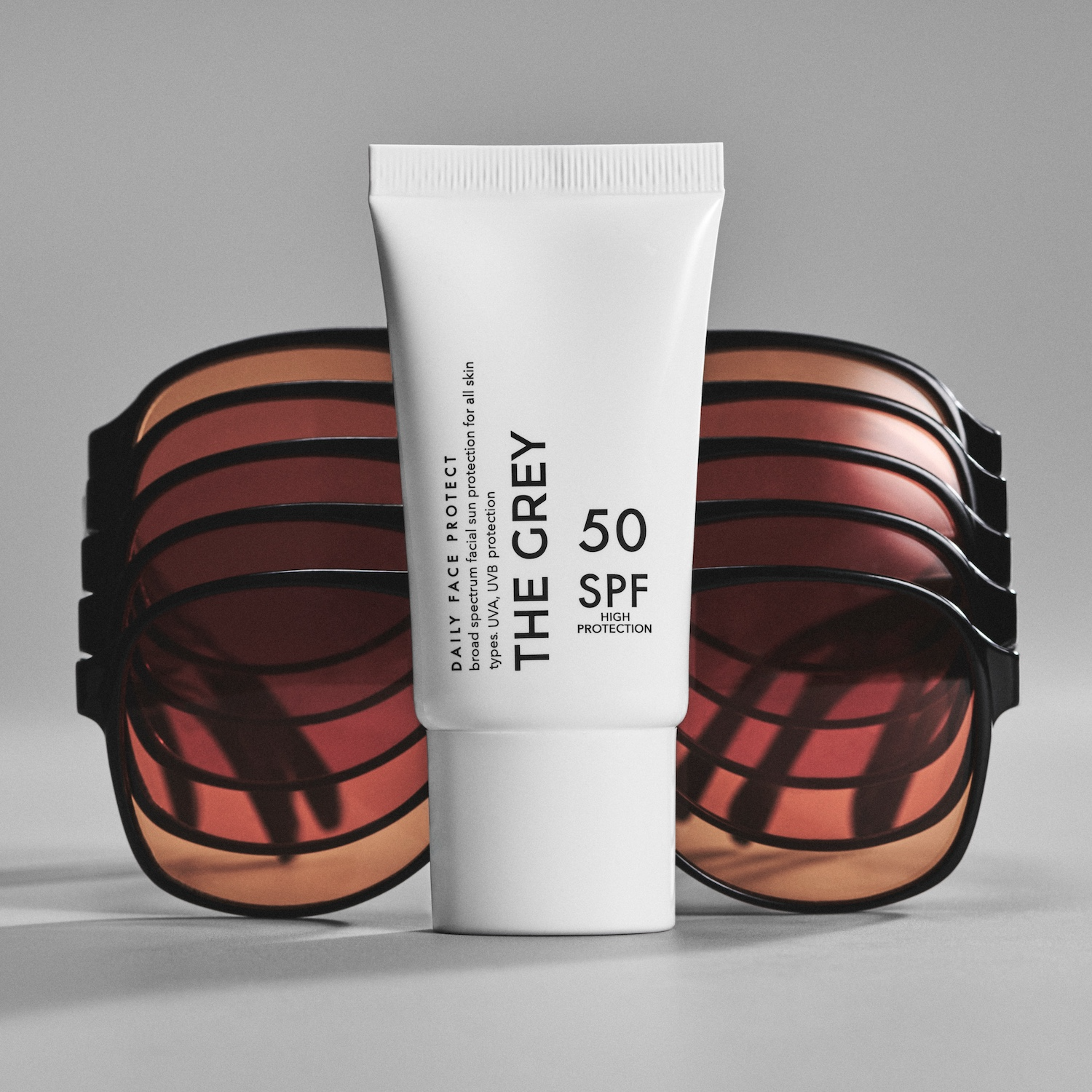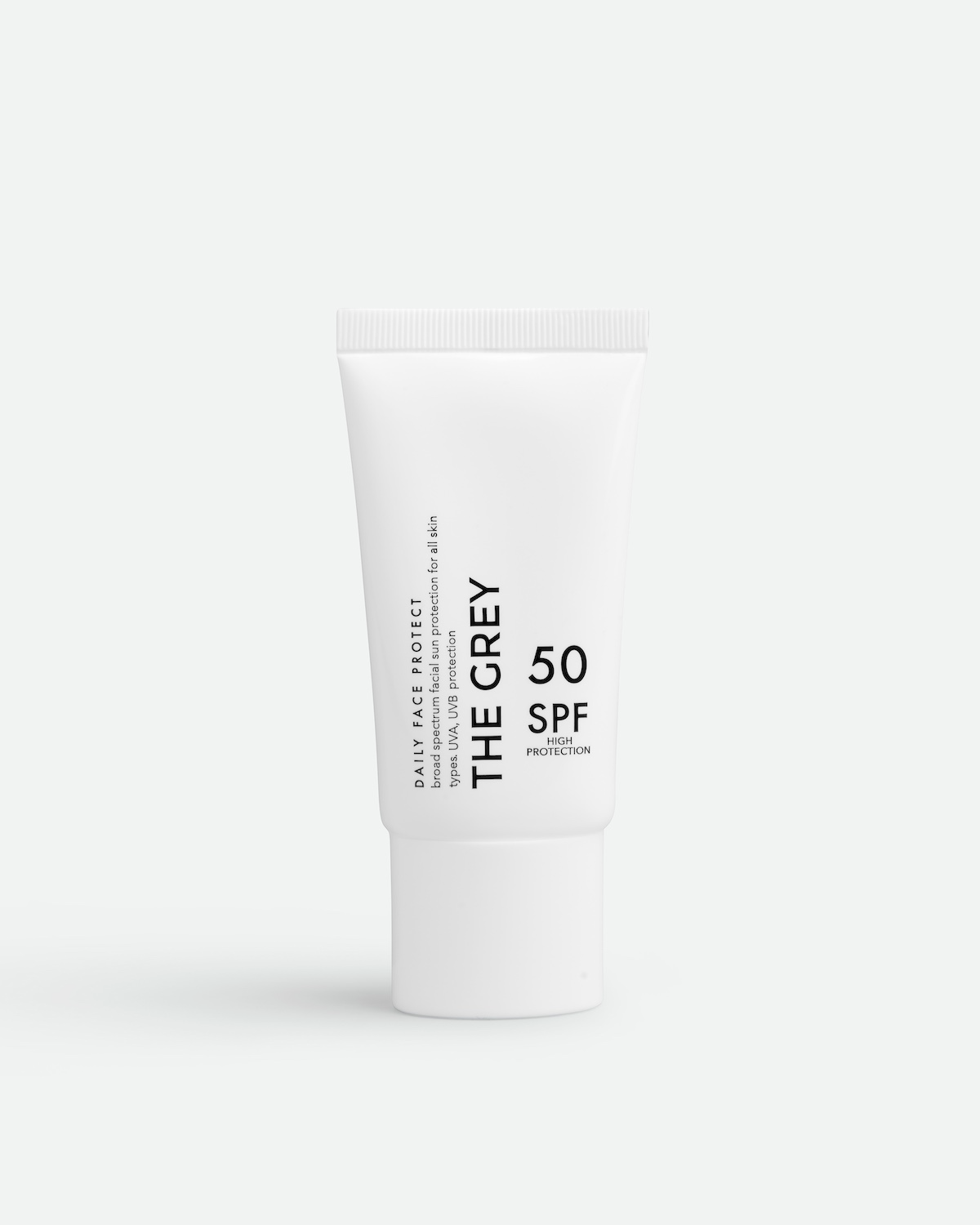Sun-Care Myths – Busted
If you've ever searched online for information about sunscreen, what you found may have made you feel less than sunny about slathering on these lotions and creams. Sunscreen is designed to protect your skin from the sun's damaging rays, but some of the claims made about it suggest it could do more harm than good. Assertions include everything from statements that sunscreen is ineffective to warnings that it's outright dangerous. Some writers even go as far as to state that sunscreen may cause skin cancer, thanks to a purported harmful cocktail of toxic ingredients. That's enough to darken your day. Misinformation about sunscreen is common. Don't let myths deter you from using it to protect your skin.
"Misinformation about sunscreen is common. Don't let myths deter you from using it to protect your skin. ”
Myth 01: Sunscreen never goes bad
Fact: Legislation world wide requires that all sunscreens retain their original strength for at least three years. Check the bottle for an expiration date. If your sunscreen has expired or been exposed to extreme heat or cold, toss it. If you're using sunscreen every day when outside, a bottle should not last long.
Myth 02: You don’t need sunscreen indoors
Fact: You might be shielded from UVB rays inside, but UVA—the ones that age and damage your skin over time—can still make it through windows. Side car windows, office glass, even that favourite reading nook by the bay window? All prime exposure zones. Daily protection isn’t just a beach thing; it’s a lifestyle habit.
Myth 03: A light tan is healthy
Fact: The idea of a "base tan" offering any form of protection is outdated. A tan—no matter how golden or mild—is your skin screaming that it's been injured. It’s your body producing melanin to defend against UV assault. So, that summer glow? It’s actually a subtle warning sign.
Myth 04: Waterproof sunscreen is, well… waterproof
Fact: No sunscreen is truly waterproof. “Water-resistant” just means it holds up for 40 to 80 minutes when wet. After a swim or intense workout, you need to reapply—even if the label insists otherwise. Trust your habits, not the bottle.
‘‘The idea of a "base tan" offering any form of protection is outdated. A tan—no matter how golden or mild—is your skin screaming that it's been injured.”
Myth 05: People with darker skin don’t get sunburnt
Fact: Anyone can get sunburnt – including people with darker skin. But your risk of getting sunburnt and how sunburn looks and feels will depend on your skin type. For people with lighter skin tones, sunburned skin is usually red, sore, and swollen. In people with darker skin tones, sunburned skin might not change colour but will often feel irritated, itchy, tender and sore.
Myth 06: You’re safe in the shade
Fact Umbrellas, trees, and awnings might feel like a safe zone—but UV rays bounce. Off water, off sand, even off concrete. Shade helps, but it doesn’t shield you completely. So yes, even your café terrace lunch needs SPF.
Myth 07: Higher SPF = longer protection
Fact: SPF 100 isn’t twice as strong as SPF 50—it blocks just 1% more UVB rays. And none of it lasts all day. Whether SPF 30 or 70, you still need to reapply every two hours. Think of SPF as a seatbelt—it helps, but you still need to drive smart.
Myth 08: You don’t need sunscreen in winter or on cloudy days
Fact: Cold or cloudy weather doesn’t mean your skin is off-duty. Up to 90% of UV rays can cut through clouds. Snow, for its part, reflects UV rays like a mirror. If you ski or hike in winter, you’re exposed even more. Yes—SPF still belongs in your daily kit.
Myth 09: I won't get enough Vitamin D if I wear sunscreen
Fact: Even well-applied sunscreen lets 2% to 3% of the sun's ultraviolet B rays reach your skin, and your body needs only a little to produce vitamin D. Rather than risk skin cancer, it's better to seek your vitamin D needs through a healthy diet or supplement.
Myth 10: Sunscreen causes cancer
Fact: This myth has done the rounds, often tied to chemical names or ingredient recalls. But science says otherwise: sunscreen reduces the risk of skin cancer. The real danger is not using it. Dermatologists and cancer research centers all say the same thing—daily SPF is your skin’s best defence.
‘‘Sunscreen reduces the risk of skin cancer. The real danger is not using it.."
Myth 11: Mineral sunscreens are always 100% natural
Fact: Mineral doesn’t always mean “clean.” Some mineral formulas still include chemical stabilisers or preservatives. If you’re going for a natural route, always read the full ingredient list—not just the buzzwords on the front.
Myth 12: You can’t tan through sunscreen
Fact: No sunscreen blocks 100% of UV rays. Even SPF 50 lets a small percentage through, which—over time—can tan the skin. So yes, you can still tan while wearing sunscreen. And if you are? It means damage is still happening.
DAILY FACE PROTECT SPF 50
A Ultra sheer, high protection broad spectrum sun cream for the face. Ultra-light formulation that allows rapid skin absorption and leaves no shininess or residue. Provides a delicate sensation of freshness and a silky finish. Multifunctional peptides boost your skin’s natural defense against daylight and radiations, including Blue Light. Prevents signs of photo-aging and protects against discoloration caused by sun exposure.
SHOPTaking care of your skin is so much more than just a face cream you put on your face. We love to share our knowledge with you. The Read is our way of showing you we care about your skin, body and mind





